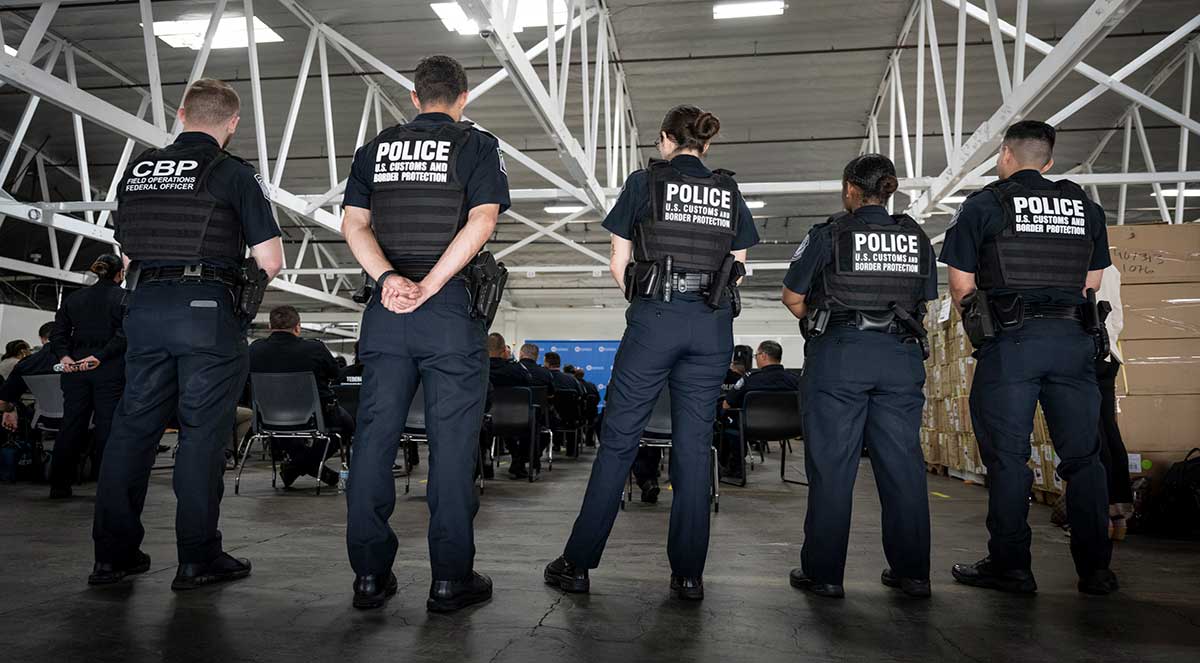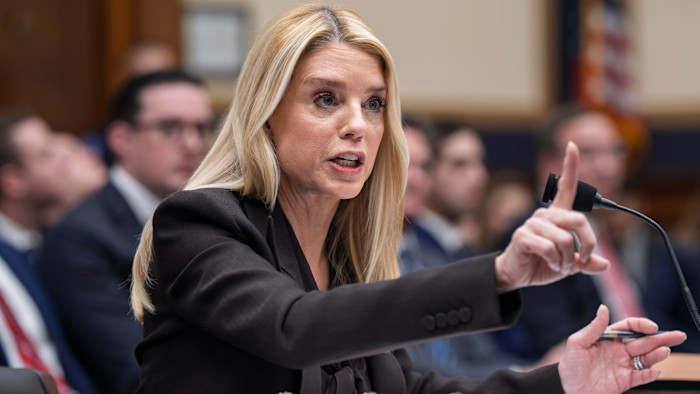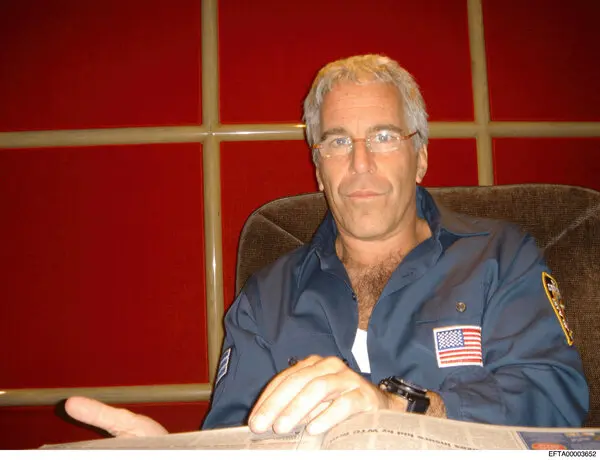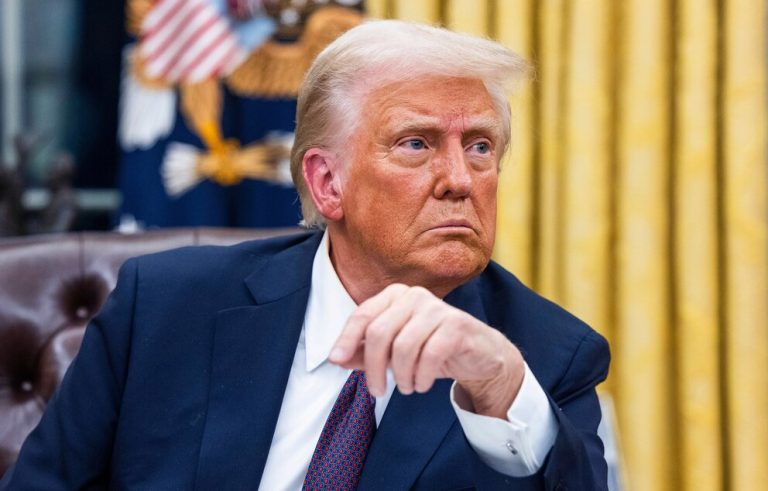Kilmar Ábrego García, a Salvadoran man caught in the crosshairs of U.S. immigration enforcement and criminal justice, remains in custody despite a federal judge ordering his release. The Department of Homeland Security (DHS) has firmly stated it will continue detaining and seeking deportation of García, underscoring ongoing tensions between the judiciary and immigration authorities.
Background of the Case
Ábrego García, who entered the United States as a teenager, was deported in March under the Trump administration’s strict immigration policies during a wider crackdown on illegal immigration. However, he was subsequently returned to Tennessee after the Justice Department charged him with human smuggling—a charge he vehemently denies.
According to a federal indictment, García is accused of being involved in a trafficking conspiracy since 2016. Prosecutors allege he helped move undocumented migrants across state lines—through Texas, Maryland, and others—over 100 times. Despite these allegations, García has pled not guilty.
Judicial Pushback
On Sunday, a federal judge ordered García’s release, citing insufficient evidence that he posed a risk warranting continued detention. This judicial decision has sparked significant debate, particularly among immigration enforcement officials and supporters of tougher immigration policies.
DHS’s Response and Stance
The Department of Homeland Security has made clear it will not comply with the judge’s order. “Kilmar Abrego Garcia is a dangerous criminal illegal alien,” DHS spokesperson Tricia McLaughlin declared in a statement issued Monday. “We have said it for months and it remains true to this day: he will never go free on American soil.”
This hardline stance reflects the department’s commitment to enforcing immigration laws aggressively, even in cases where the judiciary questions the evidence or detention necessity.
Broader Implications
The García case highlights ongoing challenges in balancing judicial oversight with immigration enforcement. It raises complex questions about government accountability, public safety, and human rights as immigration policies continue to generate heated debate nationwide.
Supporters of stricter enforcement argue that letting alleged criminal aliens roam freely undermines safety and the rule of law. Meanwhile, critics warn that ignoring judicial rulings threatens due process and can lead to prolonged detention without sufficient cause.
What Lies Ahead
As the case unfolds, it will likely continue to serve as a flashpoint in discussions about the U.S. immigration system. With García currently held by ICE agents, authorities face mounting pressure to justify continued detention amid legal challenges.
The tension between DHS’s determination to deport García and the judiciary’s concerns about evidence and detention conditions encapsulates the complex, often contentious nature of immigration enforcement in America today.

Sarah Mitchell is a bestselling novelist recognized for her insightful and emotionally resonant stories that explore the complexities of human relationships. Originally from Denver, Colorado, Sarah grew up in a family of teachers who nurtured her curiosity and love for storytelling. She studied psychology at Stanford University, where she became fascinated by the intricacies of human behavior—an interest that would later shape her writing career. Sarah’s novels are praised for their nuanced characters, intricate plots, and ability to capture the subtle tensions that define love, friendship, and family ties. Her breakthrough novel, The Spaces Between Us, became an instant bestseller, lauded for its honest portrayal of strained family relationships and the fragile bonds that hold people together. Since then, she has published several works that continue to captivate audiences around the world. Outside of her writing career, Sarah is passionate about mental health advocacy and often partners with organizations to promote awareness and support for those struggling with emotional well-being. Her personal life is quieter—she enjoys hiking in the Colorado mountains, practicing yoga, and spending time with close friends. With each new book, Sarah Mitchell cements her reputation as a writer who illuminates the beauty and struggles of human connection.









